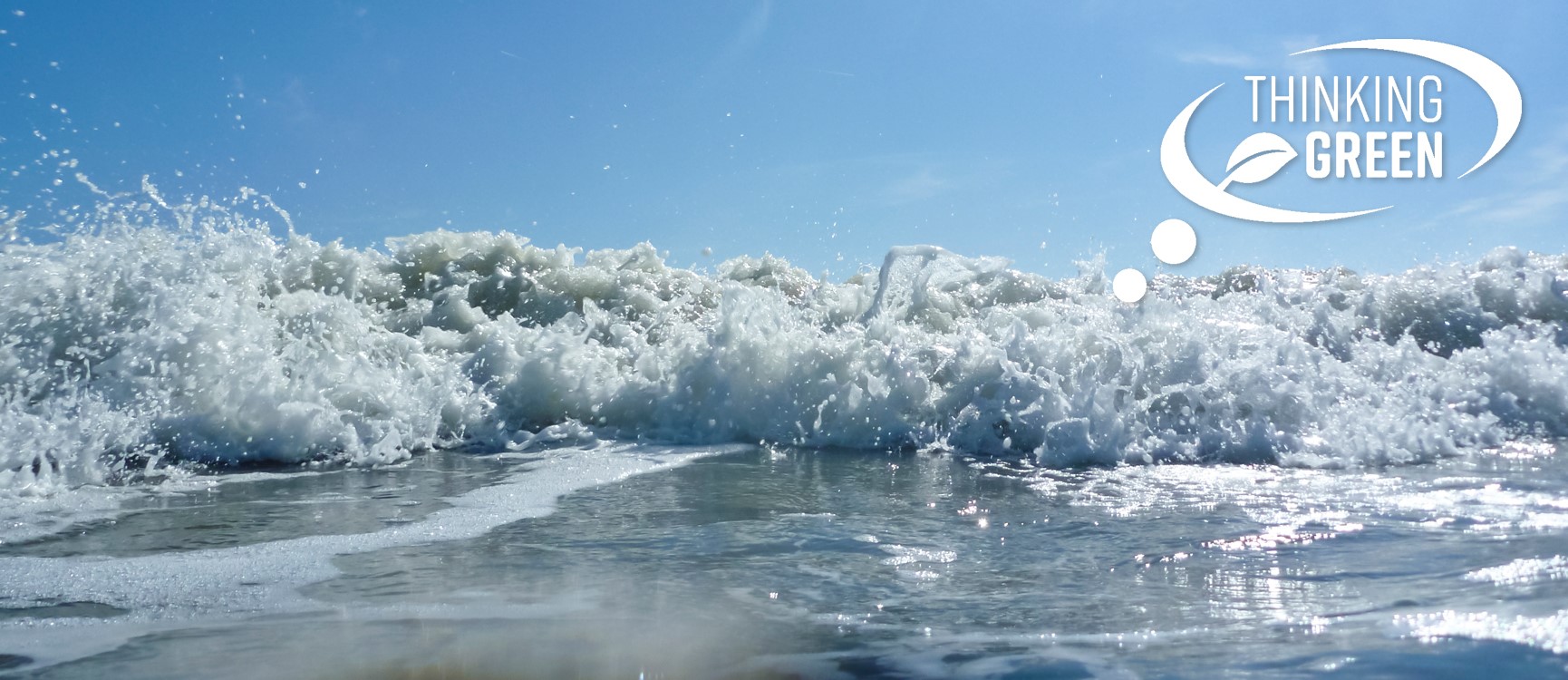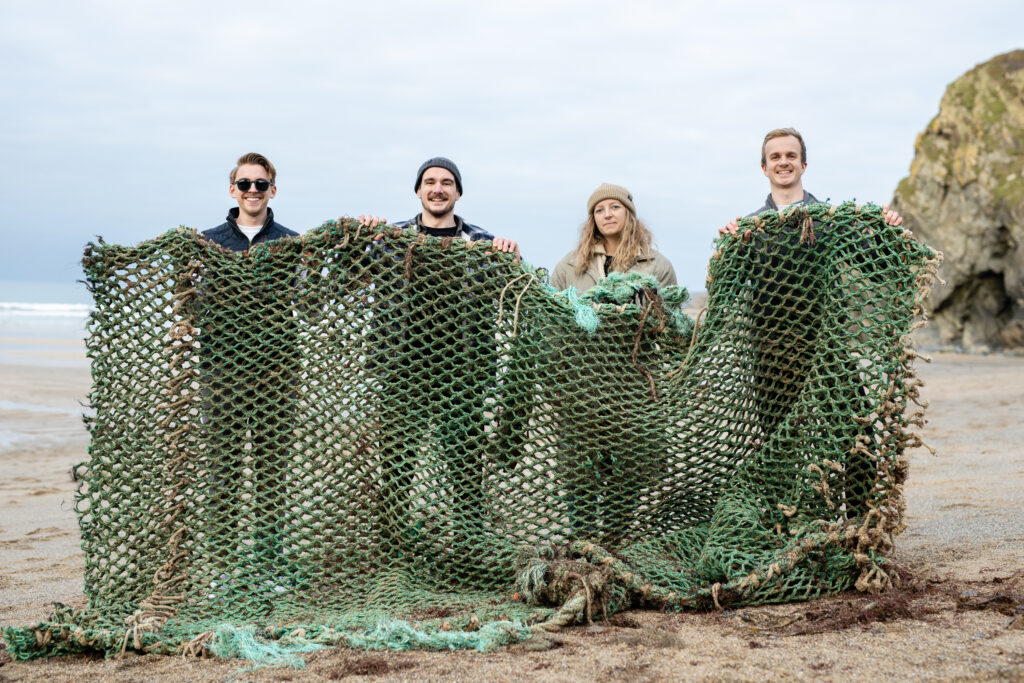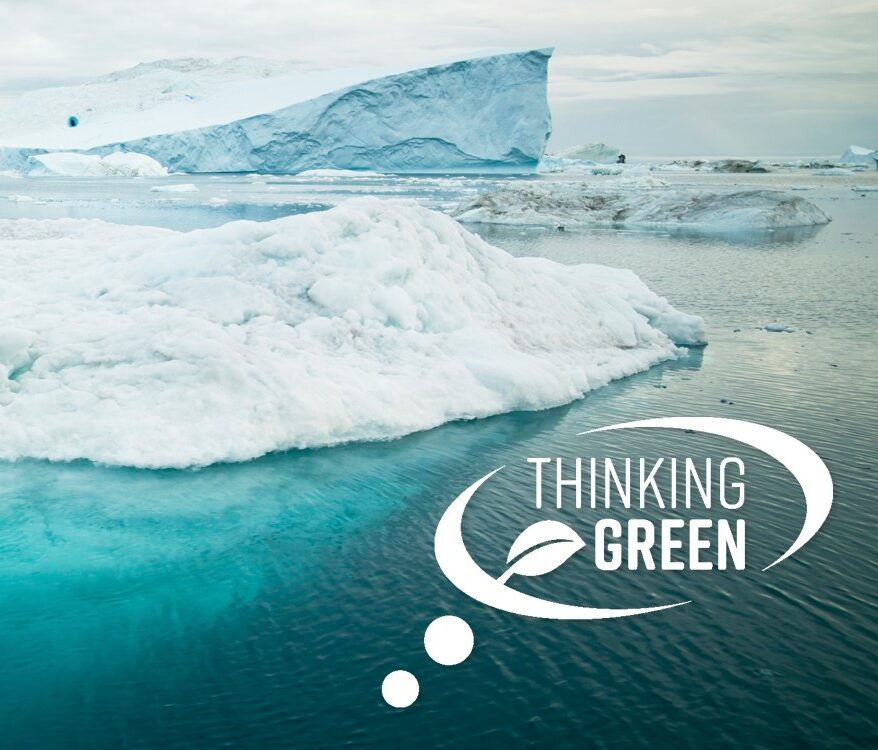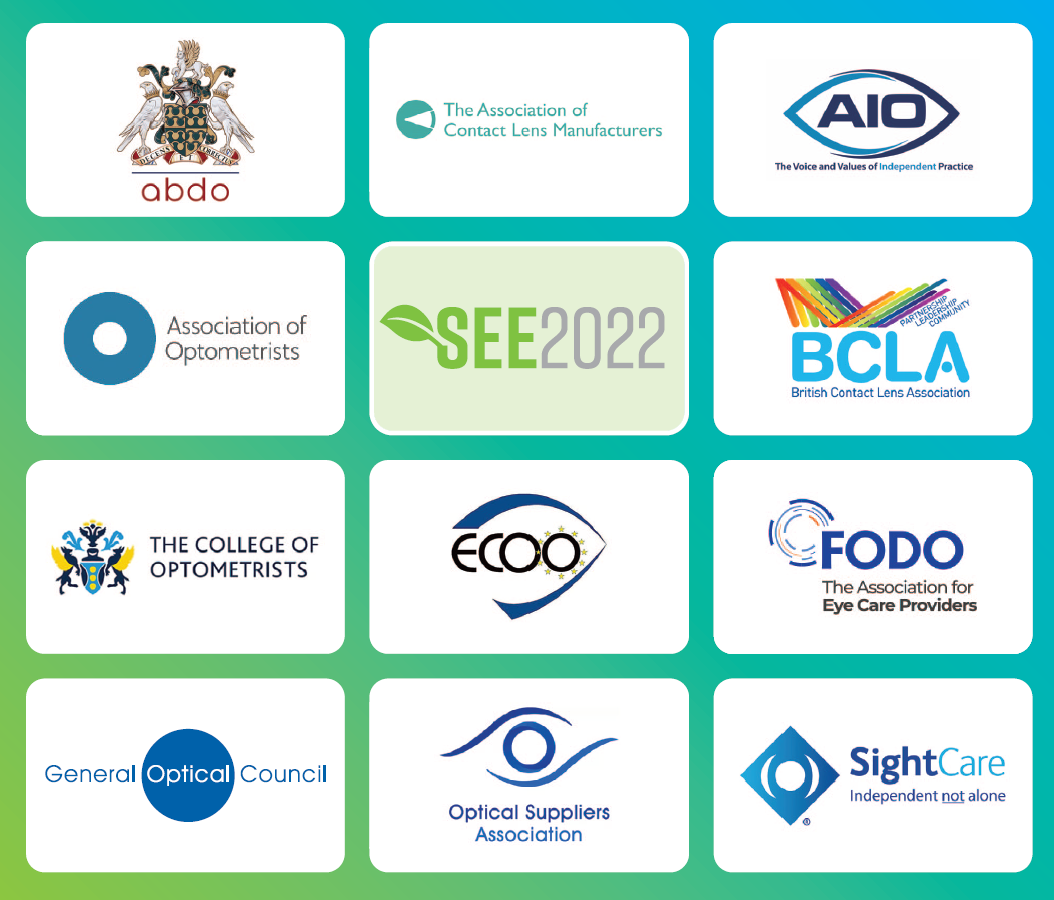
From waste to resource with Waterhaul Ltd
What made you start the journey to greater sustainability?
Every surf. Every dive. The most common item on every beach clean. In 2018, Waterhaul’s founder, Harry Dennis, was working as marine scientist for a charity project engaging community action on plastic pollution. He’d been fortunate to travel the world for both research and adventure. However, the bright green strands of ghost gear that were a ubiquitous sight on every shoreline, from the Artic Circle to the Coral Triangle developed a frustration.
Dennis, was working as marine scientist for a charity project engaging community action on plastic pollution. He’d been fortunate to travel the world for both research and adventure. However, the bright green strands of ghost gear that were a ubiquitous sight on every shoreline, from the Artic Circle to the Coral Triangle developed a frustration.
Our activities are anchored in purpose. As a social-enterprise, we exist to deliver our mission; to tackle ghost gear in oceans by transforming waste to valued resource. After months of design trials, errors and material failures, we finally produced our first functional prototype in November 2018.
What were your first steps?
A key moment was the realisation that all of the properties which make lost fishing gear such a problem; its abundance, its strength and durability, and its entanglement impacts, combine to make it both an excellent resource as a material and a priority target to remove from the ocean. After many recycling trials, Waterhaul was founded in 2018, repurposing the fisheries term ‘waterhaul’ meaning an empty catch. Unlike it’s original negative connotations, for us, hauling an empty net from the ocean is a success core to our manifesto.
We have also worked very hard with our suppliers to make sure that they send all of our products in plastic free packaging, to reflect our own supply chain. In some cases, we have had to consult our suppliers to use the plastic free solutions that we use as well.
What challenges have you faced?
Our pile of collected nets grew and grew (as did our neighbours disapproval of the smell) which motivated us towards a solution. We partnered with several mechanical recycling facilities to process various forms of end-of-life fishing gear, and produced our first pair of sunglasses in 2018.
What has worked really well?
The properties which make ghost gear such a threat in our oceans; the size and abundance of net, the quality of the high-strength polymers used, and the urgency to remove the plastic from harms way, all make fishing nets a desirable recycling resource. And as we suspected, fishing nets durable enough to last 500 years in ocean make for super-strong eyewear frames.
What do you plan to do next to become even more sustainable?
After 4 years of very exciting growth and development, we are now in a position where we are exploring options within Cornwall to set up our own recycling centre so we can process the material we collect ourselves.



